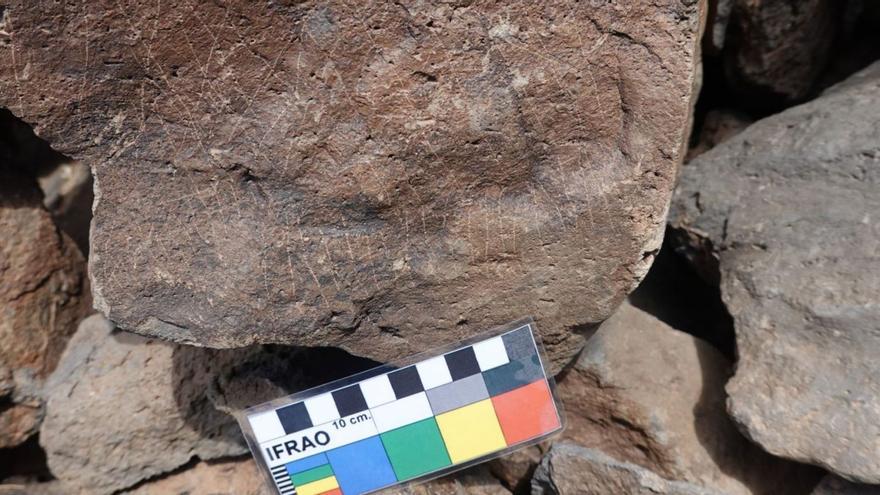
The Canary Islands has commenced a new sanctioning procedure against the developers of the LUXURY TOURIST PROJECT OF THE SOUL situated in Puertito de Adeje (Tenerife), following significant damage to an archaeological site of considerable heritage importance. The penalty is set at 229,000 euros.
This resolution follows a thorough technical inspection, which uncovered alterations and partial destruction of pre-Hispanic structures safeguarded by legislation.
Severe Violations
This marks the second sanctioning procedure initiated against the company, as the first one lapsed in August 2023. Subsequently, the General Directorate of Heritage developed an analytical approach to the matter.
The General Directorate of Culture and Heritage has pinpointed three serious infringements as outlined in Law 11/2019 concerning Cultural Heritage in the Canary Islands: improper deposits, lack of archaeological supervision during construction, and breach of protective measures.
Among the most striking discoveries is the complete devastation of 80 square metres of a critical archaeological area, which included excavations performed without technical oversight and in defiance of a suspension order.
Appeal
The impacted deposit, catalogued since 2018, holds artifacts of significant relevance such as lithic tools made of basalt and obsidian, alongside ceramic shards and faunal remains, essential for understanding the indigenous settlement of the island’s southern region.
The procedure stipulates, in addition to financial penalties, the responsibility to rectify the damages inflicted through restorative actions on the affected land. The developer has lodged objections and contested the ruling, asserting that there was no intent behind the actions.
In its correspondence, the company argues that the event should be categorised as a minor infraction in line with existing regulations.
The developer expresses confidence that the complaints lodged will be reviewed and that the case will be resolved, considering the absence of intent and a consistent willingness to cooperate. Furthermore, they reiterate their “commitment to adhering to current regulations and to the safeguarding of cultural heritage“.















